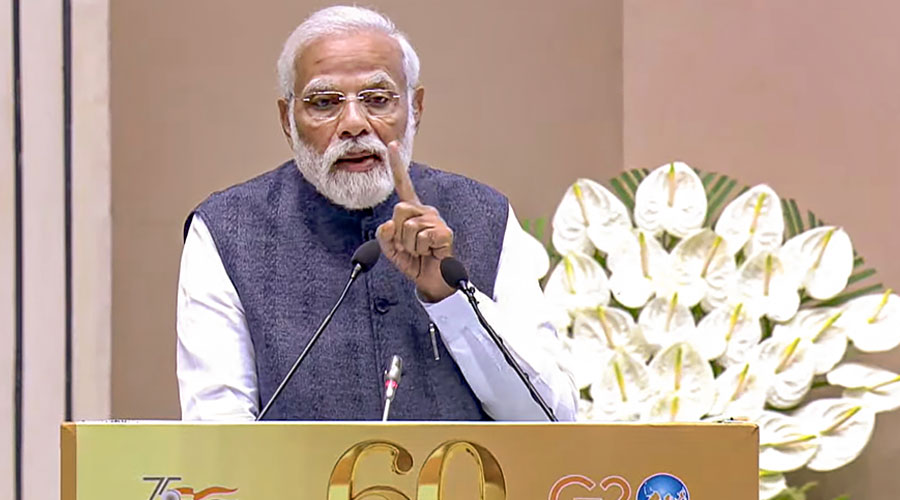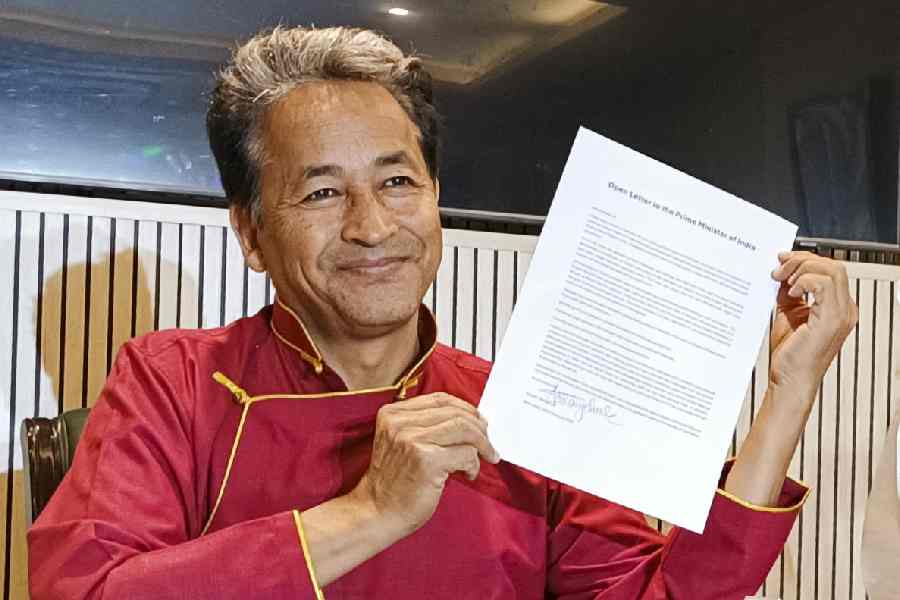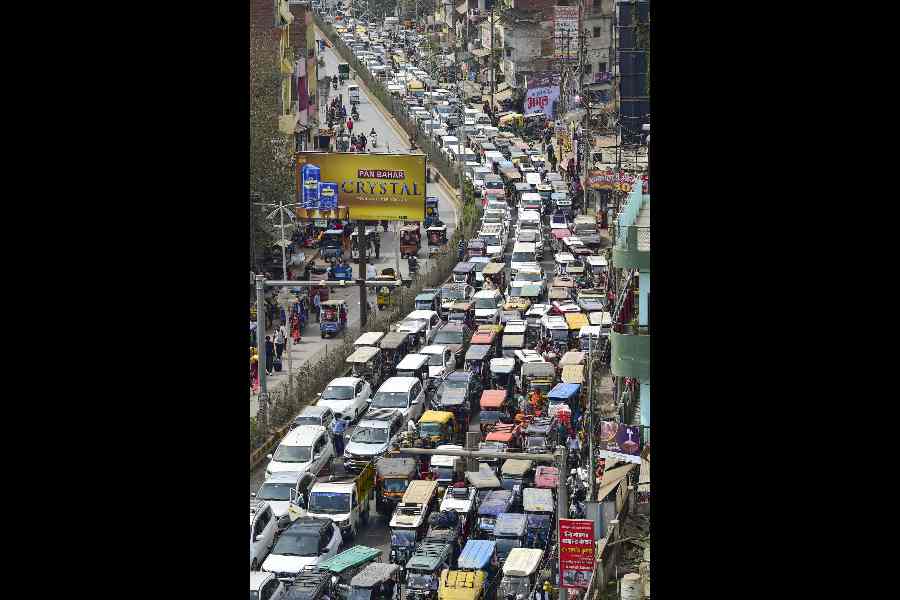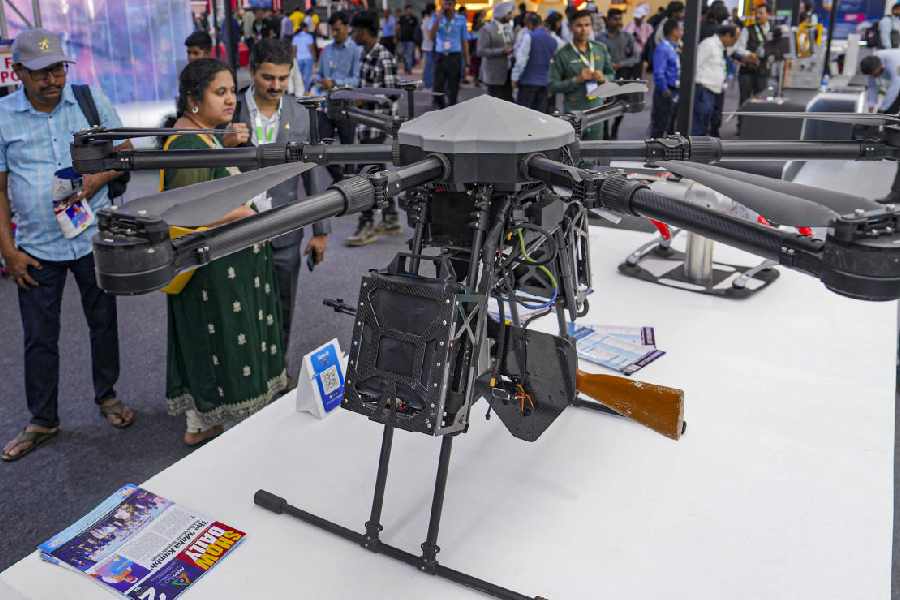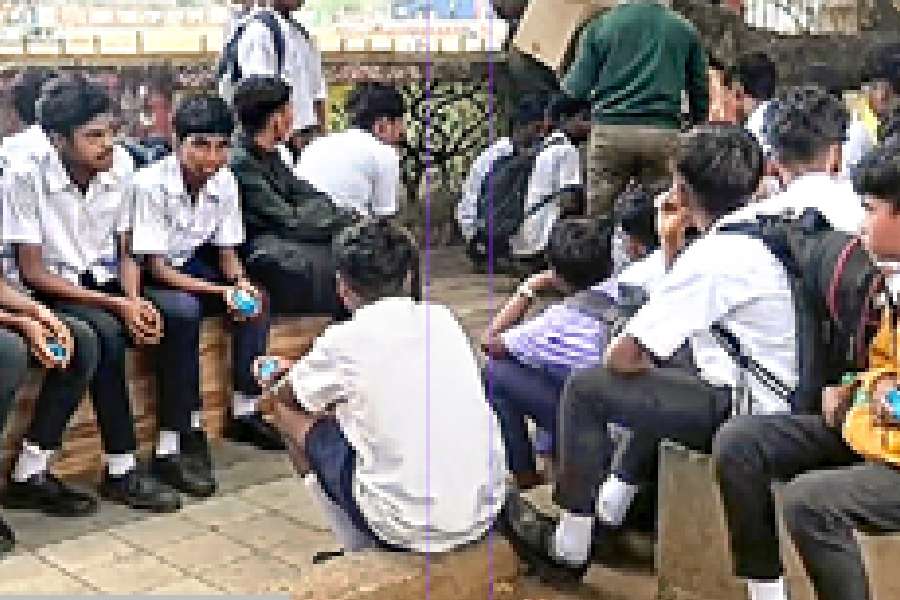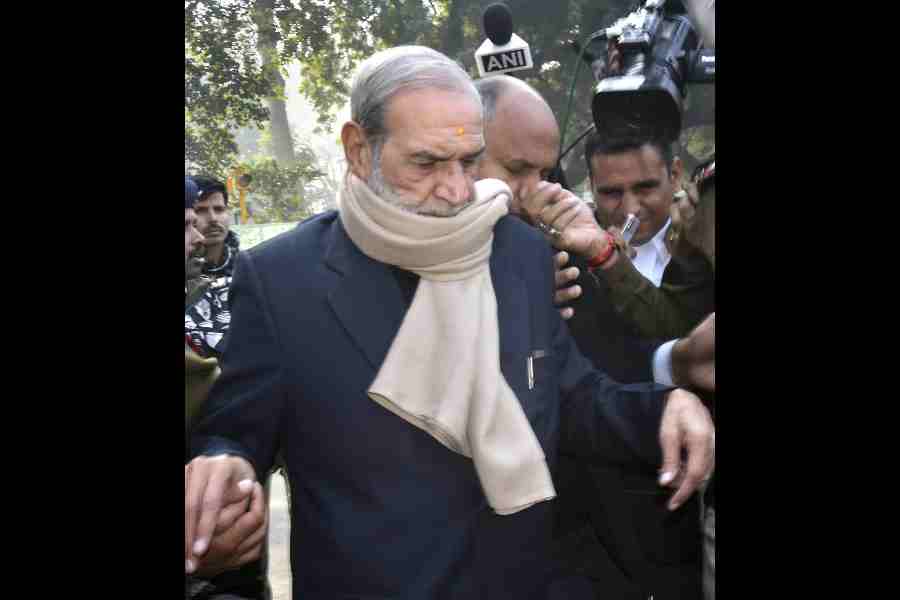For decades, India has largely taken Bhutan for granted in matters of regional and global diplomacy. That equation is now in a churn as the Himalayan nation’s king visits India for a three-day trip. Visits by Bhutanese monarchs have long been routine, but this trip comes on the heels of a comment by the country’s prime minister, Lotay Tshering, describing China and India on equal footing as players, who, along with Bhutan, would determine the fate of the disputed region of Doklam. This territory was at the heart of a tense 10-week-long standoff between the Indian and the Chinese armies in 2017. China and Bhutan both claim it, while India supports Bhutan’s claim. Its location near a China-India-Bhutan trijunction makes Doklam strategically sensitive for New Delhi too. With China and Bhutan intensifying their negotiations towards a border settlement, India has been watching closely to understand the implications for its security. Against that backdrop, the Bhutanese prime minister’s comments will have added to the anxiety of those in New Delhi’s strategic establishment who watch for clues on which way India’s neighbours are tilting.
The formal statements and photos emerging from the Bhutanese king’s visit will be designed to convey camaraderie and brotherhood. Indeed, there is no reason for India to worry about Bhutan’s intentions. As a landlocked nation dependent on Indian aid and imports for its economy, Bhutan has little incentive to burn bridges with India. Yet, ignoring Mr Tshering’s comments would be a folly. They very clearly reflect a desire on the part of Bhutan to come across as independent of India in its foreign policy approach, and to not be viewed as a client state of its big southern neighbour. To some extent, political calculations might have motivated him — unlike the king, the prime minister of Bhutan needs to face voters. The country is scheduled to hold its national elections this year, and every leader likes to present a face of strength and independence. But as Bhutan’s democracy matures, and especially as it nears a border resolution with China, India must be sensitive to the smaller nation’s identity as a truly sovereign entity. Far too often in the past, India has leaned too heavily on smaller neighbours to act in accordance with New Delhi’s priorities, inviting a backlash. It must heed Bhutan’s message wisely — and not repeat its mistakes.

